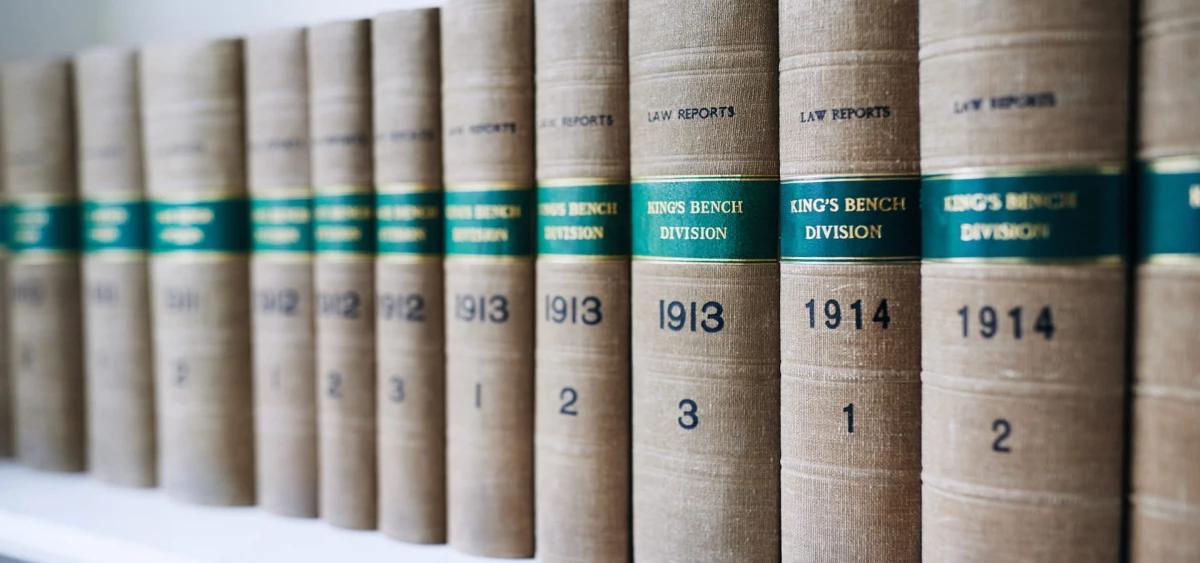Duke of York - Imogen Sadler
The Duke of York
Imogen Sadler
4-5 Gray’s Inn Square
In celebration of his wedding to Sarah Ferguson on 23 July 1986, the Duke of York was voted the honour of Freeman of the City of York by the City of York Council (‘the Council’). On 27 April 2022, by a unanimous vote, this honour was unceremoniously removed in the wake of the Duke of York’s out-of-court settlement with Virginia Giuffre in the US with councillors stating:
“The removal of this honorary title sends the right message that we as a city stand with victims of abuse”.
But how was it possible for the Council to do so decisively? To strip an individual of their peerage requires an Act of Parliament. A knighthood requires a recommendation to Her Majesty from the Honours Forfeiture Committee.
This article looks at the powers local authorities have to grant such honours, and how removal can be facilitated.
"What is a freeman?"
A freeman is described in the Oxford English Dictionary as:
“a person who has been given the freedom of a city or borough”
Nowadays, it can be viewed as a somewhat antiquated award and something of an eccentricity (for instance, Freemen of the City of London have the right to drive sheep across London Bridge). However, it is still very much a power that can be exercised by local authorities, with its legislative basis being found within section 249 of the Local Government Act 1972, which states that:
(1) A principal council may, by a resolution passed by not less than two-thirds of the members voting thereon at a meeting of the council specially convened for the purpose with notice of the object, confer the title of honorary aldermen or honorary alderwomen on persons who have, in the opinion of the council, rendered eminent services to the council as past members of that council, but who are not then members of the council.
This provision since 1987 has been amended by the Local Democracy, Economic Development and Construction Act 2009 with the new section 5 stating that:
(5) … a relevant authority may admit to be honorary freemen or honorary freewomen of the place or area for which it is the authority—
(a) persons of distinction, and
(b) persons who have, in the opinion of the authority, rendered eminent services to that place or area.
These provisions were not in force when the honour was awarded to the Duke of York, however the point remains the same: should the Council wish, it can exercise its discretion to grant this honour.
Interestingly, no provision is made in section 249 (or elsewhere) for a reversal of the admission to be an honorary freeman, and for such an honour to be removed. There are no requirements or particular criteria as to how this might come about, or even whether it is possible.
Indeed, it should be noted that on only one other occasion has an individual been stripped of a similar honour: Jimmy Saville posthumously lost his freedom of the City of Scarborough.
Is it impossible therefore, for such an honour to be removed?
Can this award be reversed?
It is not always necessary for a power to be explicit.
For instance, in R v. Bristol ex p Everett [1999] 1 WLR 92 Richards J held there was to be implied, in the Environmental Protection Act 1990, a power to withdraw an abatement notice, as being consistent with, and serving to promote rather than undermine, the legislative scheme, a finding which the Court of Appeal said, [1999] 1 WLR 1170, was clearly right.
Another intriguing potential answer is provided by the presumption against impossibility. To quote Craies on Legislation at 8.2.9, this is the presumption that in drafting legislation:
“the draftsman need not expressly excuse that compliance which is obviously impossible”.
This is a presumption which has been reinforced in case law, most recently in Winchester College v Hampshire County Council [2008] EWCA Civ 431.
Here, Lord Dyson quoted section 346 of Bennion on Statutory Interpretation, 4th edition, page 969 and said:
“unless the contrary intention appears, an enactment by implication imports the principle of the maxim lex non cogit ad impossibilia (law does not compel the impossible)”:
Conclusion
It is obvious that someone once thought to be distinguished might, in the light of events or revelations, lose that distinction. This happened in the case of Anthony Blunt whose knighthood was removed on the revelation he had been spying for the Soviet Union.
To the objective viewer, it would seem impossible that Parliament would have legislated to disallow a local authority from ever removing such an honour, even if heinous crimes were committed. It would seem very odd indeed if, to take an extreme example, it was the intention of Parliament with regard to this legislation that a war criminal would not be able to have such an honour removed by the council that granted it.
It must be stressed this is an extremely unusual set of circumstances, and we are not likely to know whether such a precedent will be followed for a while. However, it will be intriguing to see, if other such cases do indeed whether other local authorities will follow a similar path to that of the Council.
Click here to see the full article.

